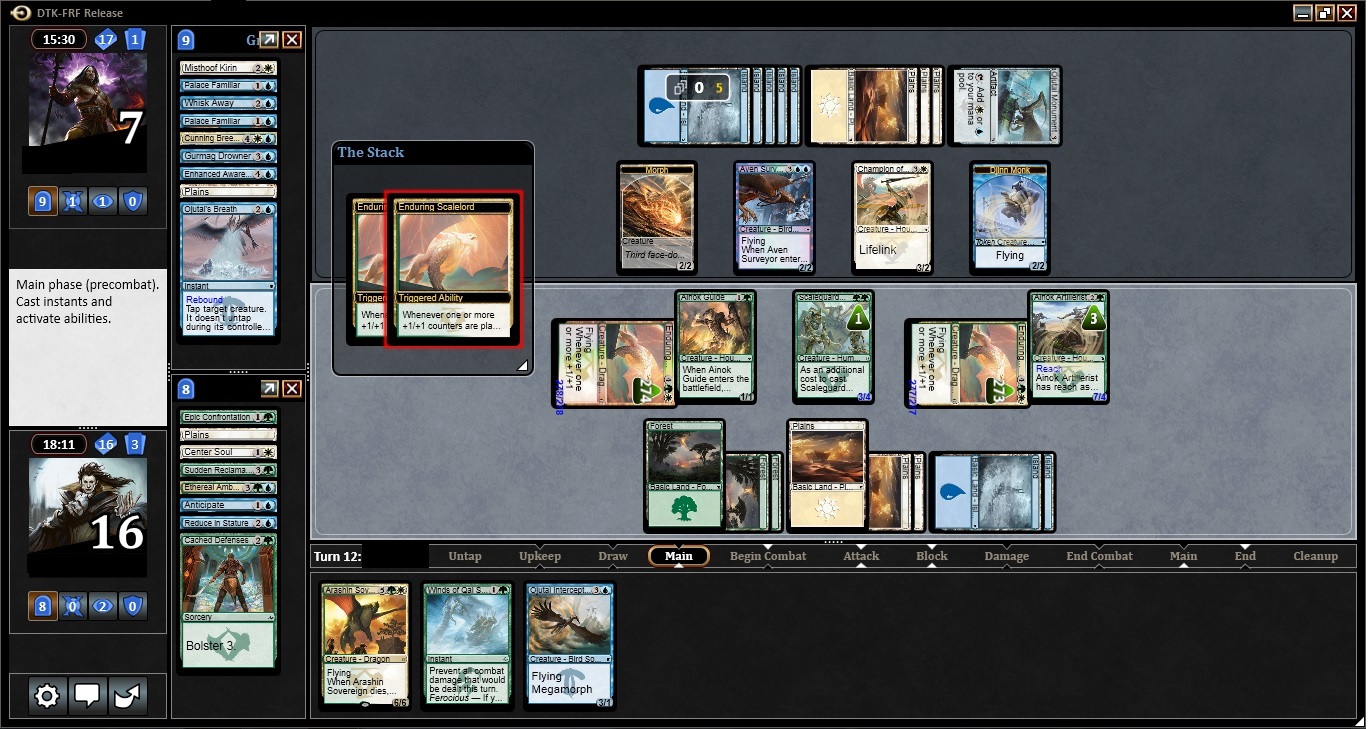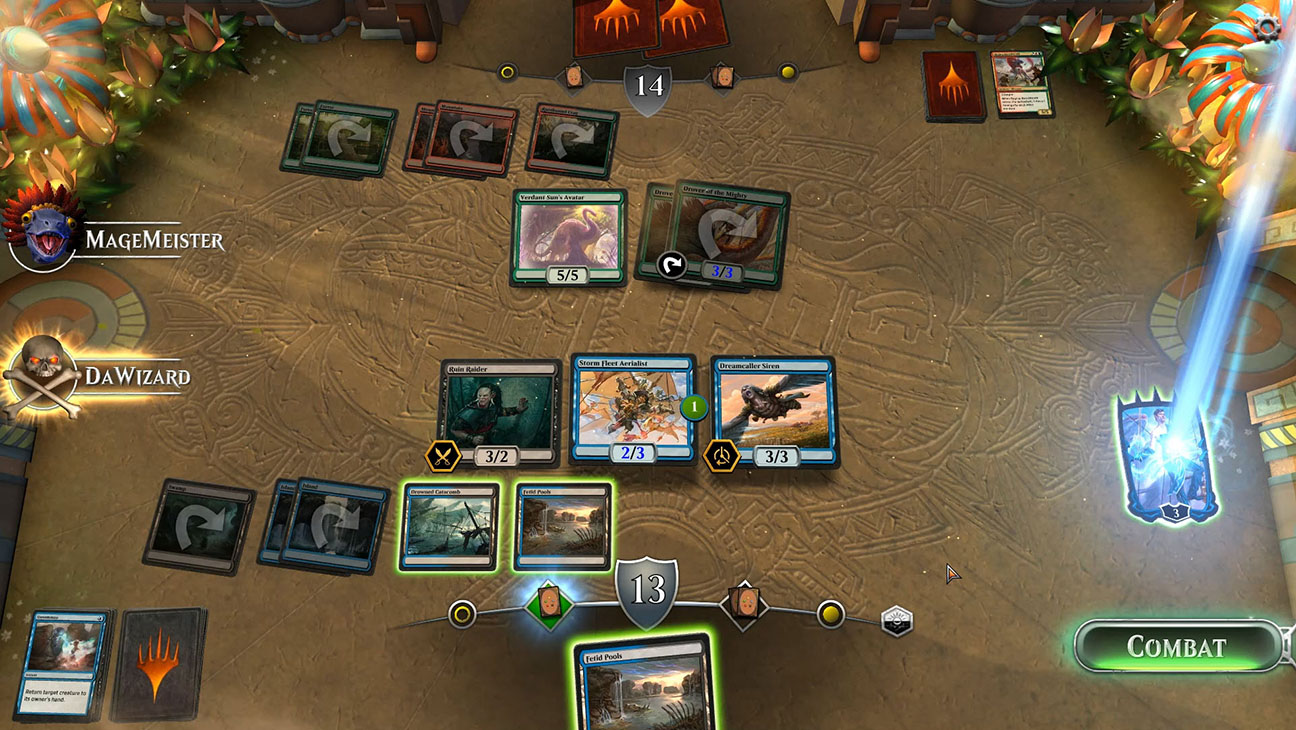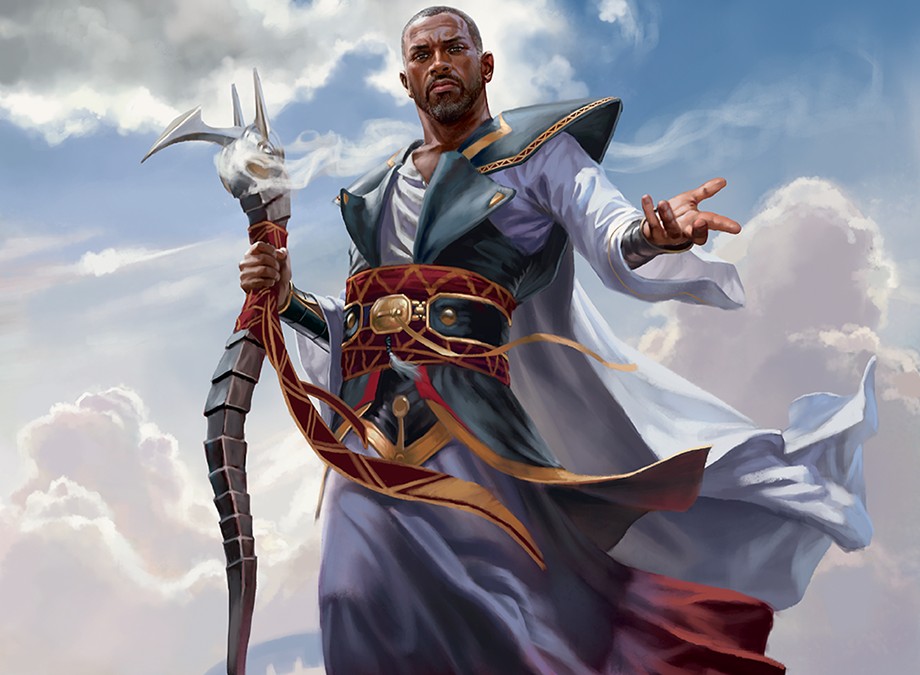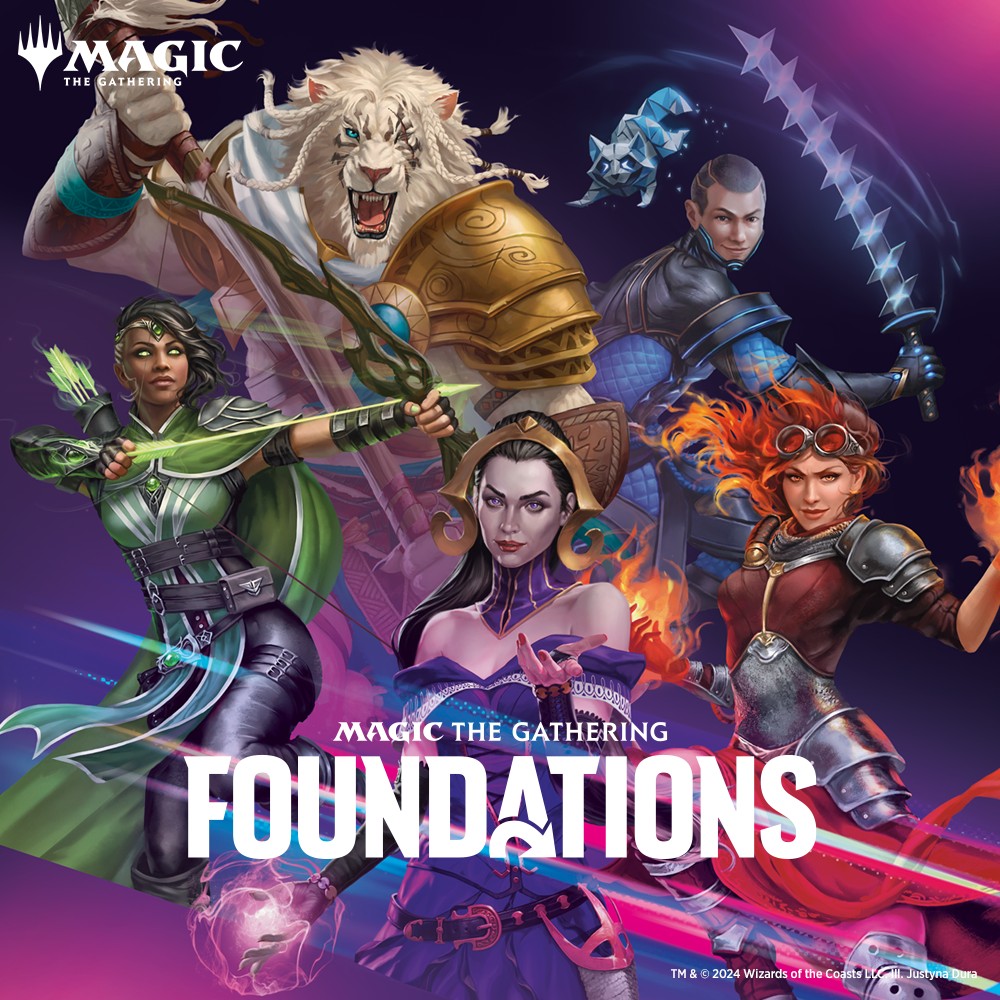Over the course of the beta period for Magic: Arena there's been some talk about a few topics. That's especially true now that it's clear Wizards of the Coast plans to pour a big investment into eSports, mainly featuring Arena. While people are focused on old clients and supported formats, I had a thought over the course of this week. What's the best way to play Standard? Paper, MTGO, or Arena?
This is the thought I'll be going through today. As someone who's played at every level, I will do what I can to share my experiences and guide players of all levels through what medium you should play Standard through

Magic the Gathering Online
MTGO is about as close as one gets to Paper Magic without actually playing on tabletop. My introduction to MTGO came from a desire to play Magic online during a period when it was troublesome to go and play in person. That was cemented when someone showed me how a game went down.
Things were a little strange because there's actually a price for entry. However, that entry point gets you enough cards to try the game out and get a feel for what it's like- even if you're not likely to win a whole hell of a lot. The key is to have a deck idea in mind and get cards on the in-game secondary market. It kind of took away from the deck-building and directly to learning how to manage in-game funds and items on the secondary market.
That set the precedent for anyone looking into getting into MTGO. You should be knowing what you're getting into, Magic-wise, if you're going to play using this client. There's a lot of learning and the price for entry doesn't really get you far. Kind of like starting off with a Deck Builder's Toolkit, more or less. You'll benefit more from having a little bit of knowledge but it comes right down to two main things:
1- Learn how the secondary market works and don't ever put any money strictly into booster packs. You may come along booster packs and open cards in drafts, but don't buy into them. You should focus on currency and just go from there. That will let you buy into competitions and grab cards on the secondary market.
2- As far as playing the game itself goes, it expects you to have a good grasp of not only your cards in hands, but also the mechanics of the game as well. A lot of games can be lost by missing phases, missing priority, missing a chance to play, tapping something simply because you clicked on the wrong spot, or not knowing the proper flow of the game.
In my opinion, I strictly used MTGO to get into playing Magic online. Once things started getting costly, I went right back to playing in person and on Cockatrice. If I were to suggest MTGO to anyone, it would be for Magic purists. Players who stream and look at taking serious competitions. This is a game for serious players who can't make the commitment to play in person.

Paper Magic
This is where the majority of Magic is played, at least as far as my local scene is concerned. It's where everyone got their start if they started earlier than a few years ago, as Magic: Duels of the Planeswalkers wasn't supported for long. This is the most social, most committed, and perhaps the most competitive and gruelling mode of play, in my opinion. As it's a format you play in person, it also requires the most investment of time, effort, and money. That's especially true if you're going to play competitively.
If you have a game store that sells Magic products, that is probably the best place to start. It's also probably the best method of play to start if you want to play competitively. Generally speaking, you can usually get advice and tips from the regulars at these stores. In some cases you may even get suggestions for products to pick up.
Magic can often be overwhelming and sometimes playing the game casually where communication is open and positive can be the best way to learn. Even in competition, you can ask a Judge to clarify a rule before a play is made. It's really a friendly atmosphere, generally speaking. However, once someone takes you seriously or has a chip on their shoulder, things can go the other way too. In any competition with a heavy social factor, there's going to be people who take it way too seriously or could be harassing or negative. There's also the uncertainty of card acquisition. Just because you're looking for a card doesn't necessarily mean you're going to find it. And if it's a card that is high in demand, the price could ramp up and there's not a whole lot you can do about it.
However, there's a lot of excitement to be had. You can win physical prizes, customize your deck with sleeves, deck boxes, and other apparel, and open packs and pull specialty cards, all while with your friends and fellow competitors. Were I to suggest Paper Magic, it would be to literally anyone who has the ability to head to a local game store with product and sanctioned events. It's a great environment to learn the game.

Magic: Arena
Like every card game, there needs to be a modern digital component to compete in the modern gaming market. Right now, a lot of that market is leaning towards a Hearthstone-like interface and play style.
Where Arena stands out is that it caters to the kind of gamer who stays true to the same cards, mechanics, and play styles that the base game is known for. While Paper Magic has been seemingly developed to be more approachable and enjoyable to new fans, Arena looks to even the playing ground between pro-level and entry level players. It aims to accomplish this by making it less, "who has more money, time, and effort to spend" and more, "who has the better deck" and "who plays their deck better". At the end of the day, this is what a lot of players were looking for.
There are two big components to this game. First, booster packs cost much less in actual money than their paper counterparts. Plus rarer cards can be purchased with wild cards that you get from opening packs. Secondly, nearly all of the social aspects of the game have been removed from the experience entirely. That includes trading cards and talking mid-game. This is seemingly in an attempt to prevent any chance of a negative experience creeping in.
While I am all about the first point, I don't like that in-game rewards only cash-in one way. For example, you could buy Magic product and get a code to use in game, or you can just straight up use real money for in-game rewards. However, you can't cash in in-game currency for paper Magic product or cash, especially in tournaments. So once you redeem your stuff, it's pretty much permanent. As for the second point, I know why they did it and I don't agree. Just because there's a chance for negativity, you don't solve that by removing the social aspect entirely. That's just me, however.
What Arena does wonderfully is introducing the game to new players and giving them a jumping off point to learn the game. It can also give them an opportunity to take their play into serious competition in many different formats. I've certainly learned a thing or two about more efficient play and to start thinking less about flavor builds and more about efficient builds. I am now looking at decks like they are meant to be looked at - creatively and yet most efficiently. Arena is also a bit more forgiving than other formats if you don't know exactly how the game needs to proceed. You can definitely still miss a thing or two that could cost you the match, but it's doubtful given how it treats players in the tutorial stages.
If I were to suggest Arena to anyone, it would be to anyone who is brand spanking new at Magic. That includes anyone coming over from other digital card games, looking to make the jump into Magic. There's definitely enough here for new players, plus enough fresh content to hook anyone looking to get into card games. Plus there's enough there to hook experiences players as well. But competitive players? Who knows.
I know that some cards are simply too easy to get thanks to wild cards, making the playing field even. But it seems a little too even in my opinion. Anyone could have an arbitrarily better deck than you if they paid into the game. A lot moreso than in other formats.
So, folks, there you have it: a pretty good summation of what to expect from the three leading ways to play Standard. Do you think this helps? How do you usually play Standard? Have you ever thought about going competitive? Will the new investment in eSports by Wizards change anything for you? Be sure to leave some comments below to let us know!


